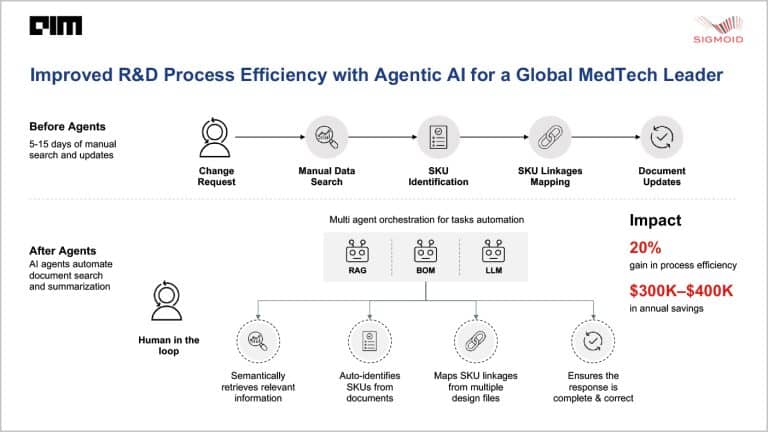Meta to Grade Staff on AI Driven Impact from 2026
Meta will begin tying employee performance to their AI driven contributions in 2026, and will roll out internal tools to help staff write performance reviews. The change signals a broader shift in how tech companies measure work, with implications for promotion, pay and workforce training that millions of workers and investors should watch.
Listen to Article
Click play to generate audio

Meta Platforms is preparing to make employees' contributions to artificial intelligence a formal element of performance evaluations beginning in 2026, according to an internal memo seen by Business Insider. The move will designate AI driven impact as a core expectation across roles, part of a broader push to embed AI into everyday work at the social media company.
The company is also deploying internal AI tools to assist employees in drafting their performance reviews, a practice that is already in use in some teams. Meta has signaled that the new evaluation framework will make demonstrable use of AI, and company leaders intend to measure how employees leverage AI to increase productivity, improve products or streamline operations.
Executives told staff the shift reflects Meta's strategic emphasis on AI across its businesses, from content ranking to advertising and new product development. The company has been investing heavily in AI research and infrastructure, and the new evaluation criterion is intended to accelerate adoption and standardize expectations across thousands of employees.
For workers the change is likely to recalibrate incentives. Making AI driven impact a measurable part of performance assessments could accelerate reskilling and alter career trajectories inside the firm. Employees who adopt the company's AI tools and demonstrate gains in output may see quicker advancement or stronger pay outcomes, while those who lag may face pressure to update skills or change roles. Meta's internal use of AI to help write reviews raises questions about the interaction between human judgment and machine assisted self evaluation.
For investors and the labor market the policy is a signal about where Big Tech sees value. If Meta can reliably translate AI adoption into productivity improvements, margins could rise and long term profitability could benefit. However converting internal AI use into measurable economic gains is complex. Productivity gains at the firm level do not automatically translate into higher revenue per employee, and measurement can be sensitive to how "impact" is defined and quantified.
The decision also exposes potential risks around fairness and measurement error. Performance systems that rely on proxies for value can entrench biases if models reflect existing disparities in access to tools or visibility within the organization. Regulators and labor advocates have increasingly scrutinized algorithmic management, and large scale changes in evaluation practices may attract attention from policymakers concerned about transparency and worker protections.
Longer term, Meta's move fits into a broader trend of firms embedding AI into human capital management. Employers across sectors are experimenting with machine assisted hiring, performance analytics and productivity tools. That trend has implications for workforce composition, training budgets and the nature of skills in demand. Observers say the crucial unknowns are how precisely AI driven metrics will be measured, how transparent the process will be to employees, and whether the expected productivity gains materialize.
What to watch next includes the rollout schedule for the evaluation tools, the criteria used to score AI driven impact, and any adjustments to compensation or promotion policies tied to those scores. For employees and markets alike, the implementation details will determine whether this becomes a productivity lever or a source of contention.
%2FGettyImages-496030068-29ec863cca36413ab111277d250fe964.jpg&w=1920&q=75)

